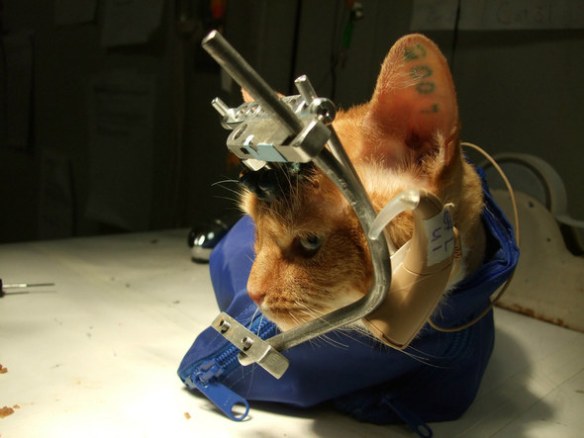WHY IS THIS BEING REPORTED NOW?
Why wasn’t this news reported when Circus World was open for business and giving elephant rides to children?
See letter from September 2 regarding the potential TB exposure. Illegally imported elephants pose risk at Circus World
It is time to stop the use of elephants as entertainment.
BARABOO — Animals brought in to perform at Circus World Museum will be under more scrutiny than in past years.
The decision comes on the heels of an elephant owner who brought four elephants without an import permit to Circus World this summer.
Dr. Paul McGraw, an assistant state veterinarian with the Wisconsin Department of Agriculture, Trade and Consumer Protection, said any exotic animal that comes into the state is required to have the permit. The elephants’ owner, Louie J. Delmoral, received a warning in late June.
Then a U.S. Department of Agriculture animal health technician and a DATCP field veterinarian said that one of the elephants was not eligible for travel or public contact in Wisconsin. The same elephant was exposed to another elephant that was suffering from tuberculosis at Carson and Barnes Circus in Oklahoma, according to a DATCP report in July.
It was determined the elephant at CWM be removed from Wisconsin or stay with the other three elephants in Baraboo as long as it didn’t have contact with the public.
Dr. Elisabeth Patton, a veterinarian program manager with DATCP, said there is no evidence that the elephant in Baraboo was sick with tuberculosis.
“Based on the medical testing and the increased level of monitoring given to it, the elephant didn’t pose a threat to the public,” Patton said.
McGraw said Delmoral did not violate any USDA rules.
“We just felt it was prudent for the elephant to stay in Wisconsin until they were ready to move,” he said.
There was no danger to anyone who came in contact with the elephant, McGraw said.
“There’s never been a case where an elephant gave a human tuberculosis,” Delmoral said. “We operate under very strict USDA guidelines.”
Delmoral, who has been training and showing elephants for 30 years, said he would not have been at CWM this past season if he was not in compliance.
“The USDA would not allow it,” he said.
CWM Executive Director Steve Freese said he is working with the state Department of Agriculture, Trade and Consumer Protection to make sure those who bring animals to perform are in compliance before they are allowed onto the grounds.
“The state doesn’t tell me or show me if the animal owner is in compliance or not,” Freese said.
He said there is no “paper trail” at Circus World where he knows who is in compliance and what animal trainers or owners are not.
“How can I fix anything if they (the state and federal agencies) don’t tell me what is happening?” Freese said.
He said he is working with the USDA and DATCP to learn when they are visiting CWM to check the paperwork of the animal owners.
“Absolutely, we are making certain changes,” he said. “We want this to be a fun and safe environment for people to visit and to work.”








